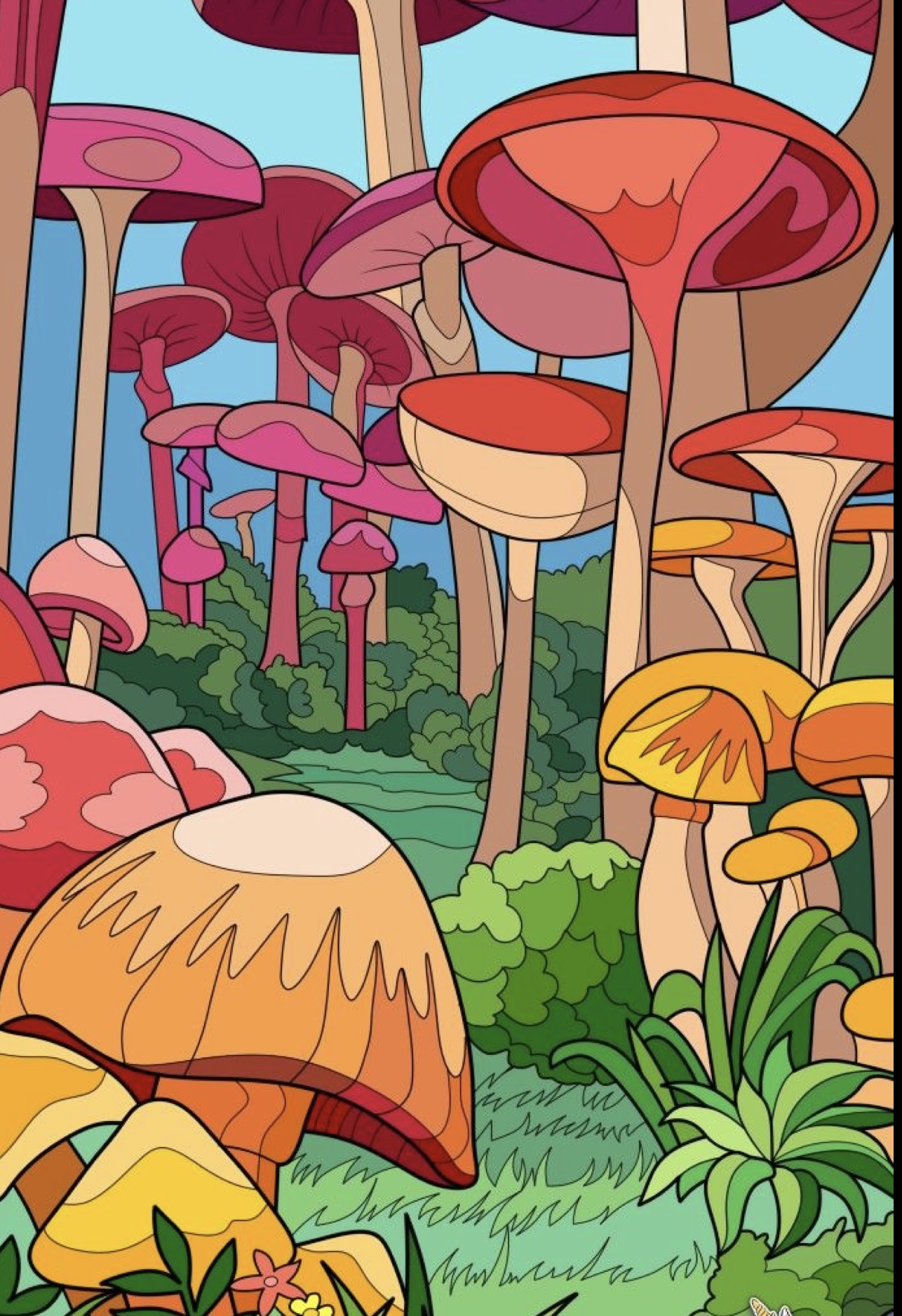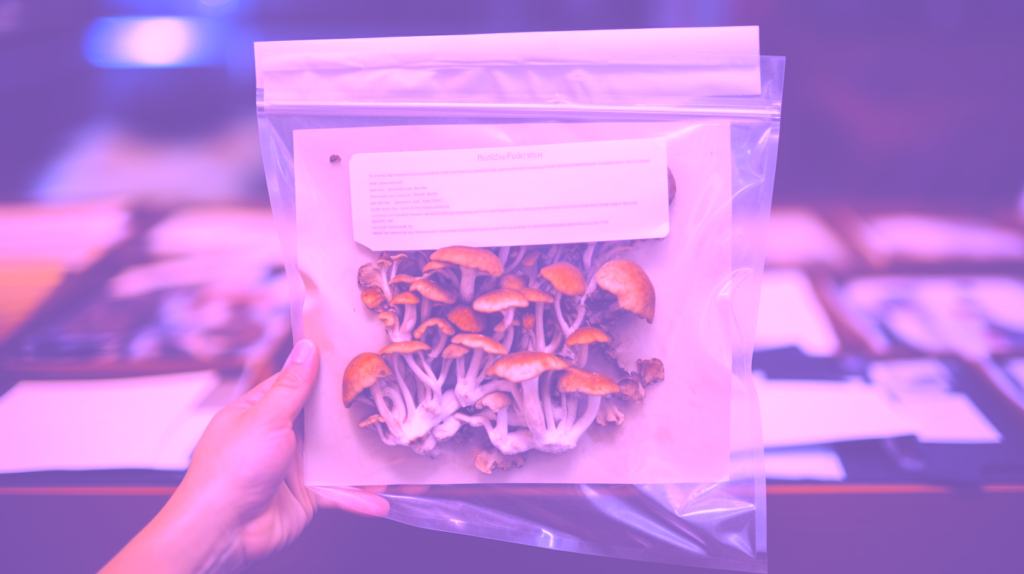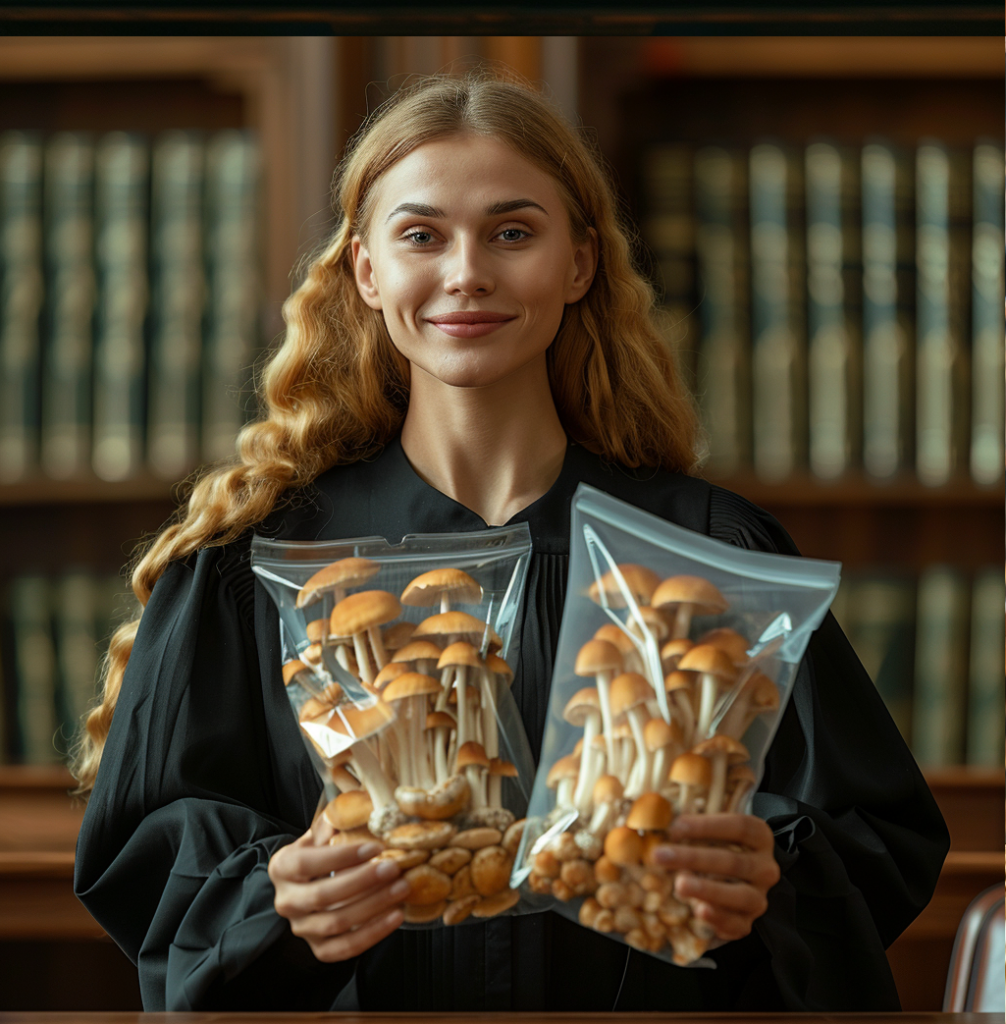


In the rapidly evolving landscape of psychedelic research and its legal boundaries, the legality of magic mushrooms emerges as a pivotal point of discussion. This subject, once relegated to the fringes of scientific dialogue, now stands at the forefront of a groundbreaking shift towards understanding and embracing the therapeutic benefits of psilocybin, the psychoactive compound in magic mushrooms. As nations grapple with the complexities of mental health crises and the search for innovative treatments, the exploration of psilocybin through clinical trials and scientific studies has sparked a global conversation on reconsidering its legal status. The significance of this conversation extends beyond the realms of legality and into the very fabric of societal norms and the potential reshaping of mental health care.
This article aims to dissect the current legal landscape surrounding the legality of magic mushrooms, examining the intricate layers of federal and state-level regulations, as well as global legal perspectives that paint a diverse picture of acceptance and restriction. From the cultivation and use of psilocybin kits to the nuanced legality of magic mushroom spores and psilocybin legal states, each segment will unravel the complexities and ongoing debates that surround this topic. As we navigate through these discussions, the article will shed light on how legal frameworks are adapting in response to growing evidence of psilocybin’s therapeutic potential, setting the stage for possible futures where the legality of magic mushrooms is seen through a new lens of understanding and acceptance.
The U.S. Food and Drug Administration (FDA) has recently issued draft guidance aimed at assisting researchers in the development of psychedelic drugs, including psilocybin, for potential medical treatments [1]. This guidance addresses the unique challenges of clinical trials involving these substances and provides recommendations for designing studies that can produce interpretable results for future drug applications [1]. Concurrently, the Drug Enforcement Administration (DEA) has clarified that psilocybin mushroom spores, which do not contain controlled substances, are not regulated under the Controlled Substances Act (CSA), although the germination of these spores resulting in psilocybin production would classify them as controlled [2].

The FDA’s draft guidance reflects a significant step towards the acceptance of psilocybin for clinical research, indicating a potential shift in its therapeutic application for conditions such as anxiety, depression, and PTSD [2]. This initiative is part of a broader federal acknowledgment of the possible mental health benefits provided by psychedelic substances, which could lead to new treatment options within the medical community [2].
In support of this burgeoning field, the DEA has increased its production quotas for psilocybin significantly, reflecting a growing interest in its research potential [3]. The agency has streamlined the application process for researchers and has approved increased production quotas to facilitate clinical studies. This regulatory adjustment aims to foster an environment conducive to exploring the therapeutic potentials of psilocybin while ensuring appropriate controls are in place to prevent misuse [3]. The DEA’s proactive measures in regulating and supporting research into psilocybin and other psychedelic substances highlight a dynamic shift towards exploring alternative therapeutic modalities under federal oversight [3].
Oregon has taken significant steps in redefining the legal status of psilocybin, becoming the first state to legalize its adult use under Measure 109. This groundbreaking legislation, approved by voters, allows individuals over 21 to use psilocybin at licensed service centers under the supervision of certified facilitators [4][5]. The Oregon Psilocybin Services Act outlines a comprehensive framework, including licensing for manufacturers, testing labs, facilitators, and service centers, ensuring a controlled environment for psilocybin use [5].
Following Oregon’s lead, Colorado has made notable legislative advancements with the passage of Proposition 122, which decriminalizes the possession and use of psilocybin among other psychedelics for individuals aged 21 and over [2][6][7]. The state is actively developing a regulatory framework for psilocybin service centers where individuals can experience psilocybin in a supervised setting. This includes detailed licensure for facilitators and the establishment of educational and operational standards to ensure safety and efficacy [2].
Beyond Oregon and Colorado, several other states are exploring similar reforms. Notably, legislative proposals and ballot measures to decriminalize or legalize psilocybin have been introduced in states like New York and Washington [4]. These initiatives reflect a growing recognition of the potential therapeutic benefits of psilocybin and represent a broader shift towards more progressive drug policy frameworks at the state level.
Brazil exemplifies a liberal approach to psychedelics, with no laws prohibiting the sale, distribution, or use of psilocybin mushrooms, allowing for unpersecuted online commerce [8]. Similarly, Jamaica has no explicit legal restrictions on psychedelic drugs, fostering a robust market for psychedelic retreats [8]. The Netherlands, known for its “smart shops,” sells psilocybin in the form of “magic truffles,” despite the strict prohibition of magic mushrooms themselves [8].

Canada has recently stepped forward, regulating the use of psilocybin and other psychedelics for medicinal purposes in psychotherapy as of January 2023 [9]. Australia followed suit, allowing psilocybin and MDMA to be prescribed for specific mental health conditions starting July 2023 [9]. In the United States, various states and cities are increasingly decriminalizing or legalizing psychedelics for medical use, reflecting a significant shift in federal and state policies [10].
The global perspective on psilocybin is witnessing a paradigm shift, influenced by both emerging scientific research and changing public opinions. Countries like Portugal and Spain have decriminalized the possession and use of psychedelics, reflecting a broader trend towards reevaluating drug policies [11]. This evolving landscape suggests a future where psilocybin could be increasingly recognized for its potential benefits, steering away from its historical stigma [11].
Throughout the exploration of the evolving legal landscape for magic mushrooms, it has become evident that the conversation surrounding psilocybin is shifting dramatically. We’ve observed a clear trajectory from stringent prohibition towards measured acceptance, underscored by regulatory developments at the federal level and pioneering policy changes in states like Oregon and Colorado. These changes are not isolated events but part of a global trend that reflects a growing recognition of psilocybin’s therapeutic potential. This acknowledgment within legal, scientific, and societal spheres forms the basis of an ongoing journey towards potentially reshaping the future of mental health treatment and substance regulation.
As we stand on the precipice of a new era in the understanding and utilization of psilocybin, the implications for mental health care, legal systems, and societal perceptions are profound. The momentum garnered by current research, public interest, and legislative advancements offers a promising glimpse into a future where the therapeutic benefits of magic mushrooms are accessible and recognized. The journey is far from over, and the evolving dialogue around psychedelic substances promises further exploration and, possibly, a redefined role for psilocybin in societies worldwide.
There are currently no frequently asked questions available for the topic “2024 Legal Landscape: Are Magic Mushrooms Becoming Legal?” Please check back later or explore related topics.
[1] – https://www.fda.gov/news-events/press-announcements/fda-issues-first-draft-guidance-clinical-trials-psychedelic-drugs
[2] – https://www.mcguirewoods.com/client-resources/alerts/2024/4/interest-in-psilocybin-continues-to-mushroom-for-potential-mental-health-treatment/
[3] – https://www.marijuanamoment.net/dea-calls-for-even-more-thc-psilocybin-and-dmt-to-be-produced-for-research-in-2024/
[4] – https://www.nytimes.com/2023/01/03/health/psychedelic-drugs-mushrooms-oregon.html
[5] – https://covidblog.oregon.gov/psilocybin-101-what-to-know-about-oregons-psilocybin-services/
[6] – https://www.coloradopolitics.com/legislature/mushrooms-legalization-bill/article_44111eca-dfac-11ed-8595-4bac15f51ecb.html
[7] – https://www.cpr.org/2023/06/21/colorado-psychedelic-law-for-psilocybin-mushrooms/
[8] – https://www.alltherooms.com/blog/legal-psychedelics-countries-relaxed-laws/
[9] – https://en.wikipedia.org/wiki/Legal_status_of_psilocybin_mushrooms
[10] – https://www.bbc.com/future/article/20240320-legal-status-of-psychedelics-around-the-world
[11] – https://psychedelicalpha.com/data/worldwide-psychedelic-laws